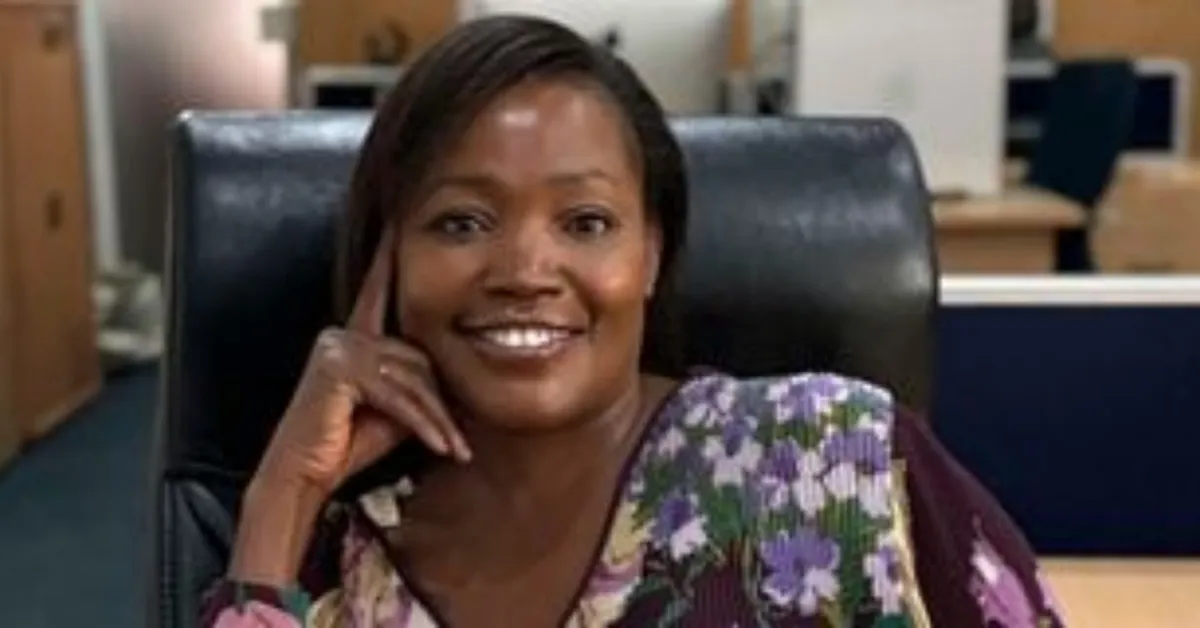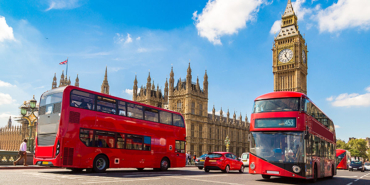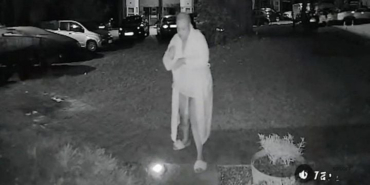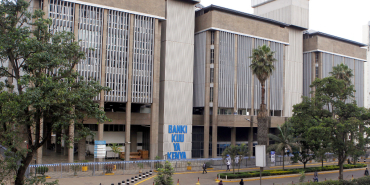Kenyan Woman Finds Purpose in Her 50s After Widowhood and Divorce Abroad

Faith Henton, a UK-trained mental health nurse, has launched a new initiative in Kenya aimed at strengthening trauma-informed care and improving support for vulnerable children and families.
Born in Nairobi and raised in military barracks, Henton attended Moi Forces Academy and Lugulu High School before relocating to the United States in the early 1990s for higher education. However, her time abroad was marked by isolation and adjustment difficulties, leading her to leave her studies at Montgomery College and take up work as a make-up artist.
After more than a decade in the US, she returned to Kenya without a degree, holding only vocational qualifications. She later married and had a child, but the sudden death of her husband left her without financial security. She moved to the United Kingdom with her son, entering another challenging period marked by domestic abuse and racial hostility.
Her son’s disclosure of the abuse to a teacher led to intervention by social services, which resulted in their relocation to a refugee camp. There, the extent of the violence came to light. Supported by UK systems designed to assist immigrant women facing abuse, Henton began to rebuild her life.
Motivated by her son’s needs and her own experiences, she enrolled in a counselling course in 2014. What began as a personal effort to understand trauma developed into a professional path. She joined the National Health Service (NHS) in 2017 as a support worker and later qualified as a registered mental health nurse in 2022 at the age of 50.
Her clinical experience includes work in acute psychiatric care, dementia support, and forensic services, with a focus on trauma-informed practice. She now holds a Bachelor of Science in Nursing, an Advanced Diploma in Counselling, and a Master of Arts in Safeguarding Adults, completed in 2024.
She is also a graduate of two NHS leadership programmes, the Developing Aspirant Ethnic Minority Nursing & Midwifery Leaders Programme and the Mary Seacole Leadership Programme. After seven years in the NHS, Henton returned to Kenya and observed a widespread, unspoken crisis.
“Everyone was grieving someone,” she said, “but no one was talking about it.”
The silence around mental health, combined with World Health Organisation reports on rising levels of depression and anxiety in Kenya, prompted her to take action. In 2023, she established Pamoja Mental Health and Safeguarding Network.
Named after the Swahili word for “together,” the organisation promotes early intervention, trauma-informed care, and support for children affected by domestic violence, neglect, and the psychological impacts of social media. Henton is particularly concerned about the lack of recognition for mental health nurses in Kenya, pointing out that they are often excluded from essential practices such as clinical supervision and reflective sessions.
“The question I kept hearing at conferences was, ‘What is a mental health nurse?’” she said. “That gap in understanding is dangerous.”
Through Pamoja, Henton aims to elevate the role of mental health professionals and push for policy changes that reflect the realities of trauma in Kenyan communities. Her son, now a Master’s graduate in Biochemistry from Oxford University, reflects the resilience she has carried throughout her journey. Her experience, from academic setbacks and domestic abuse to professional qualification and leadership, continues to inform her approach.
“We must stop treating grief as something to ‘move on from,’ she said. “Unresolved pain doesn’t disappear, it becomes a crisis.”














Add new comment